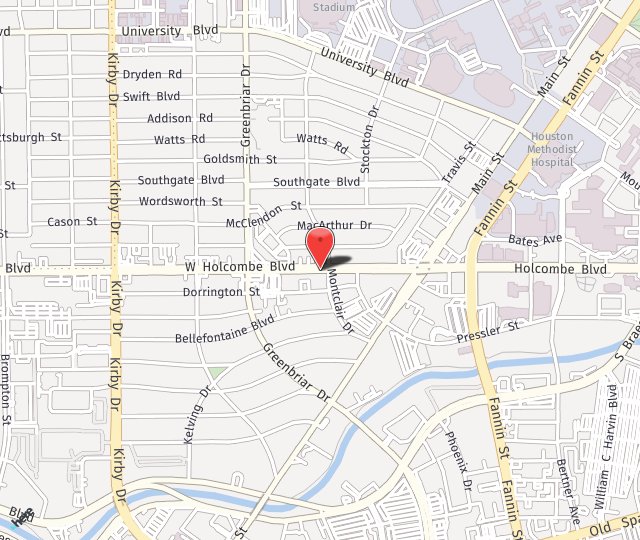
Sedation dentistry offers various methods to help patients relax during dental procedures, from mild sedatives to more profound options that make you sleep through your appointment. Understanding what to expect from oral sedation not only helps combat fear but also allows for a more efficient and pain-free dental experience.
What Kind Of Sedation Do Dentists Use?
Dentists use various types of sedation to accommodate the diverse needs of their patients. The most common methods include:
- Nitrous oxide provides mild sedation and is administered through a mask.
- Oral sedatives are taken in pill or liquid form before the appointment.
- IV sedation involves injecting the medication directly into the bloodstream.
- General anesthesia renders patients completely unconscious and is typically reserved for extensive surgeries.
How Long Does Dental Sedation Last?
The length of time you’ll feel the effects of dental sedation depends on the method used. Nitrous oxide fades swiftly once the mask is removed, oral sedatives leave you drowsy for a few hours, and IV sedation can make you feel groggy for an extended period.
What is Full Sedation Dentistry?
Full sedation dentistry, also known as general anesthesia, involves putting a patient into a deep sleep-like state where they are completely unconscious and unaware of the dental procedure being performed. It’s typically reserved for extensive dental work or for patients with severe anxiety or difficulty sitting through long treatments.
Can You Feel Anything Under Dental Sedation?
Under dental sedation, patients typically feel no pain or discomfort during the procedure. The sedation ranges from mild to deep, depending on the method used. While some may experience a sense of relaxation and reduced anxiety without complete unconsciousness, others may not remember the procedure at all.
How to Prepare for Sedation Dentistry
Your dentist will tell you beforehand how to prepare for sedation dentistry. You’ll likely need to arrange for transportation to and from the dental office, as you may feel dizzy or disoriented after the procedure. Additionally, inform your dentist about any medications you are taking and any health conditions you may have to ensure safe and effective sedation.
Houston’s Sedation Dentistry Experts
Do you want to learn more about how dental sedation can help improve your dental health? Schedule a consultation or give us a call at 713-242-1974. At the Konig Center for Cosmetic & Comprehensive Dentistry, we provide comfortable dental care for every patient.

